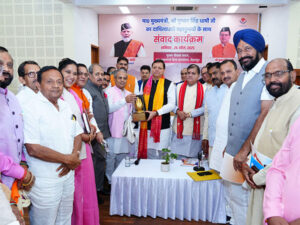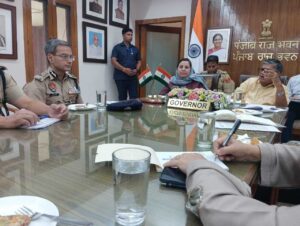Most pregnancies in West Bengal prisons happened outside jails: Amicus Curiae informs SC
New Delhi [India], February 14 (ANI): In the last four years in the jails in West Bengal, around 62 children were born and most of the women prisoners were already pregnant at the time when they were brought to the jails while in some cases, the women prisoners had gone out on parole and returned back expecting the child, the Supreme Court was informed.
The facts were disclosed in a report filed by Amicus Curiae and Senior Advocate Gaurav Agarwal, who has also recommended various measures for prisons reform.
Recently the Supreme Court has taken cognisance of the allegations that women were getting pregnant in jails of West Bengal.
Responding to the court’s query, amicus apprised the Supreme Court that he has received information from ADG and IG Correctional Services, West Bengal on February 10 wherein it was stated that “for last 4 years of all child births in the jails in West Bengal, which indicates that there were 62 children born in the jails in the West Bengal during the last 4 years. It appears that most of the women prisoners were already expecting at the time when they were brought to the jails. In some cases, the women prisoners had gone out on parole and returned back expecting.”
Amicus urged the top court to issue direction to the senior most lady judicial officer in the district may be requested to assess the available security measures in the women jails/ barracks.
Amicus also suggested to examine the availability of sufficient women personnel for the purposes of security and welfare of the women prisoners and also the availability of the regular health checkups of the women at the time of admissions and periodic intervals. He also recommended filling up posts or strengthening the health care infrastructure for women in jail.
Amicus also apprised the top court about his discussions with jail authorities of Rajasthan, Haryana and Delhi wherein he came to know the female jails have only women officials and only at the periphery and at the gates, some men personnel are deployed. However, no men are allowed to go inside these women’s jails unless required like visiting a male doctor or male officials accompanied by a women guard.






